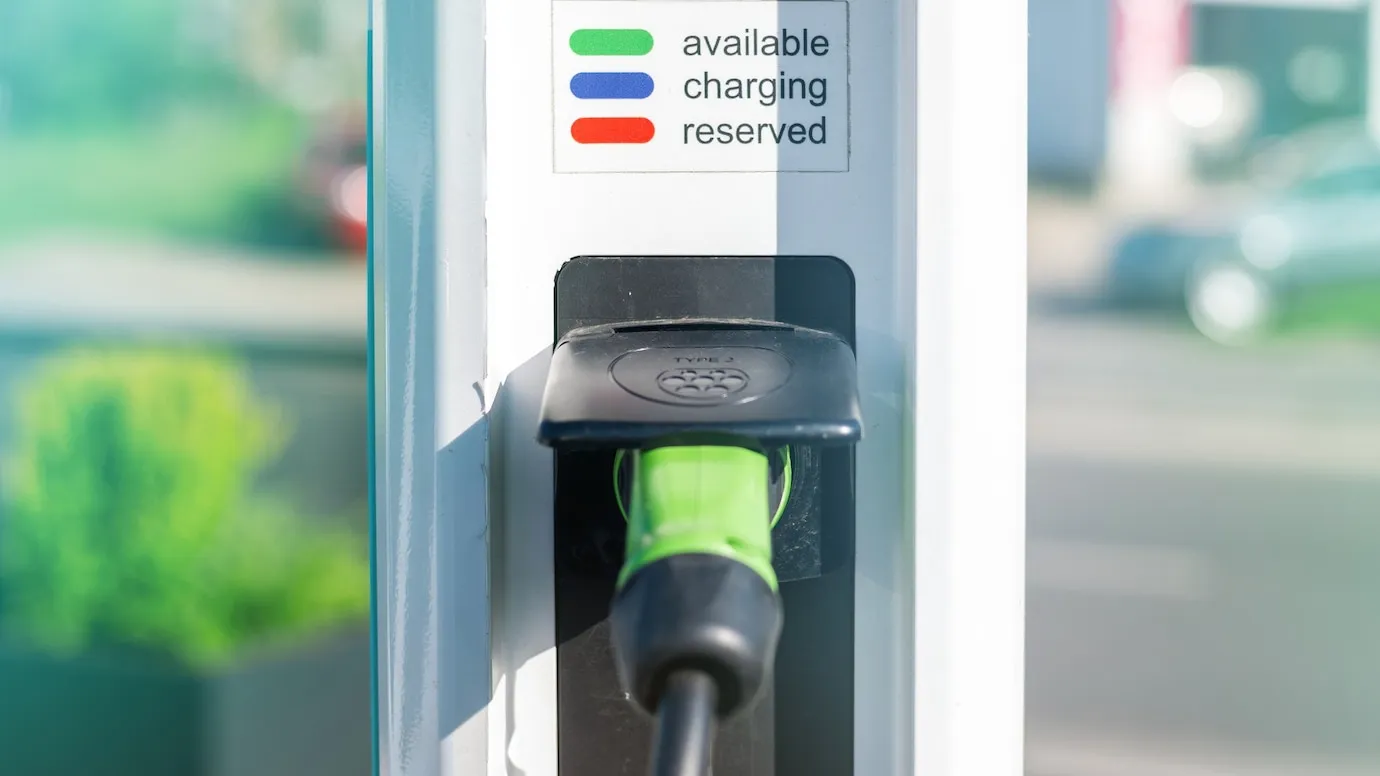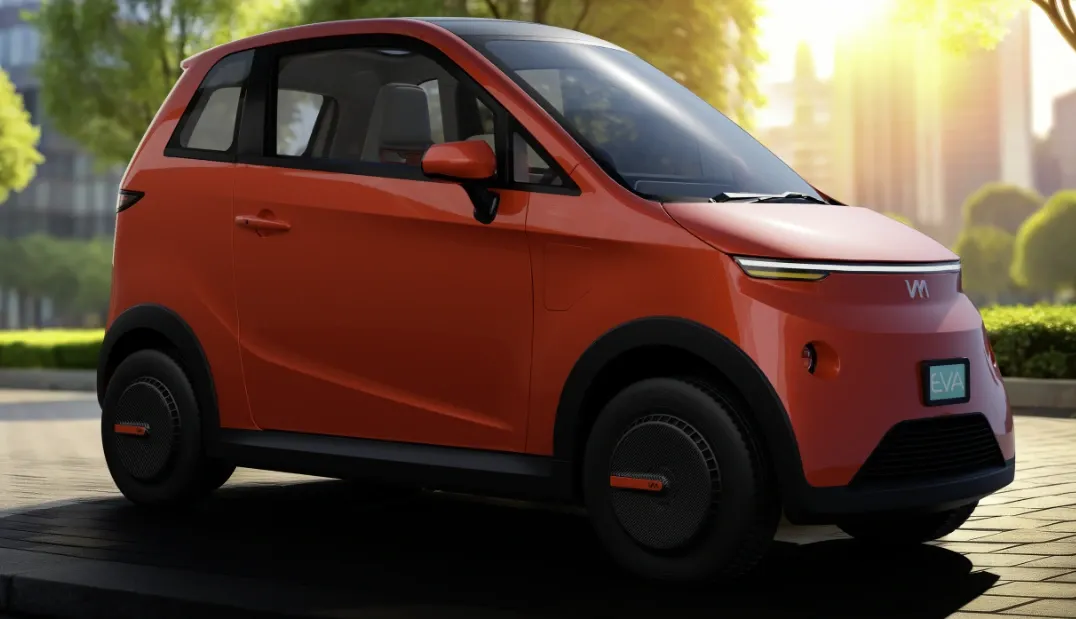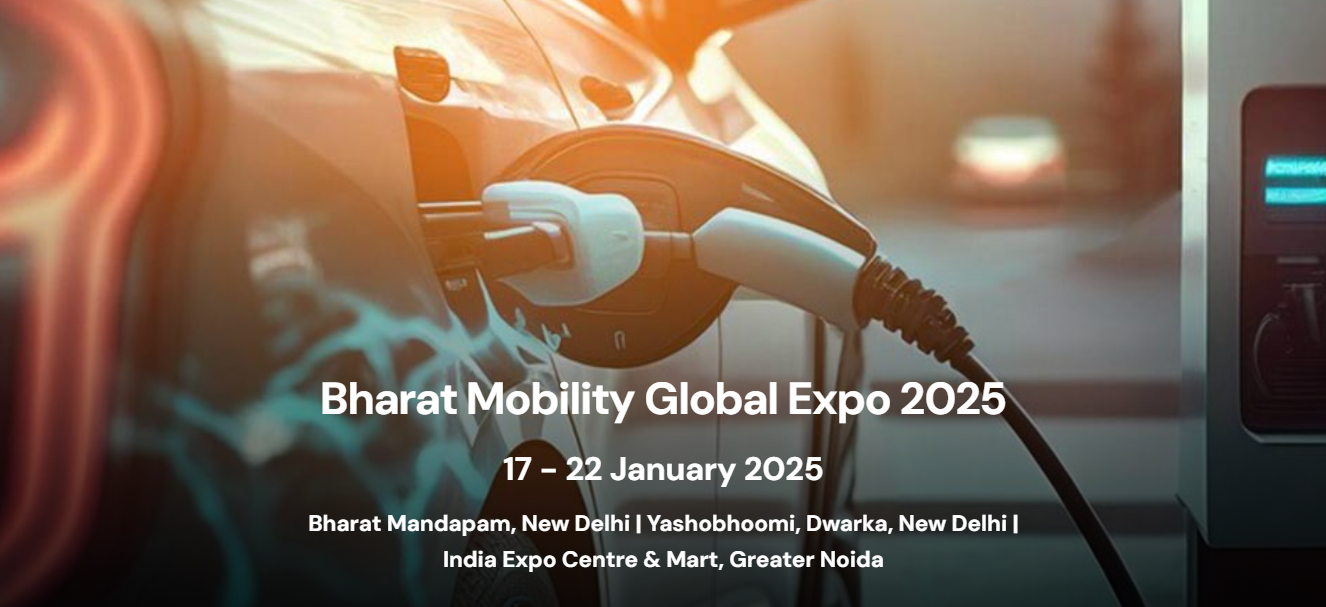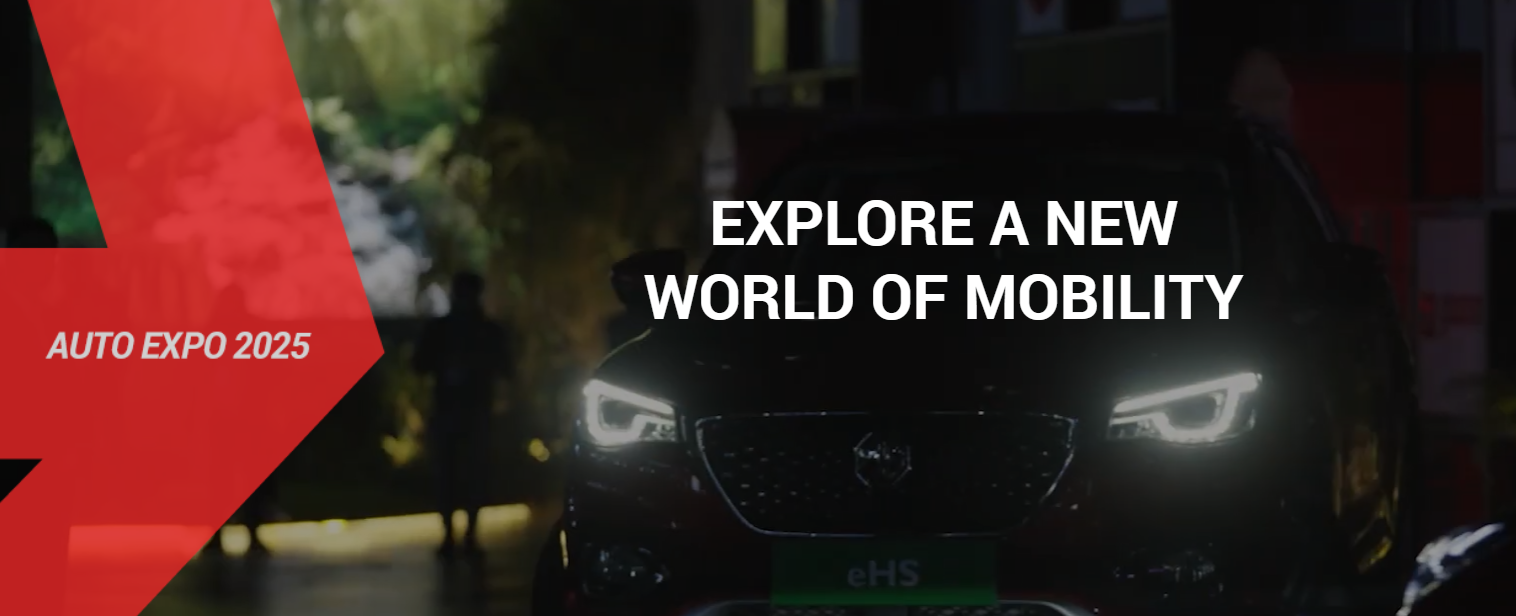In Brief:
GST on old EV sales increased from 12% to 18%.
Tax will be levied only on Margin Value.
No GST on EV sales between private individuals.
Tax hikes will impact Registered dealers or businesses.
The Goods and Service Tax (GST) Council, recently in its 55th meeting at Jaisalmer, Rajasthan, has decided to increase the rate of GST on the sale of all old and used cars including electric vehicles. The Council recommended a uniform 18% GST on all used vehicles, thus simplifying the earlier tax structure.
Here is everything you want to know on this latest decision of GST hike.
FAQs on GST on Old EV sales
What are the recommendations of the 55th GST Council meeting on resale of EVs?
The GST Council decided to raise the tax on resale value of used electric vehicles to 18 per cent from previous rate of 12 per cent when sold by businesses and dealers.
The increased GST rate of 18% will solely apply to the margin, i.e., the difference between the purchase price and the selling price (the depreciated value, if depreciation is claimed) and not on the value of the vehicle. No GST applies to individual-to-individual sales.
What does ‘Margin Value’ mean in resale transactions?
Margin value refers to the difference between the selling price and the purchase price. GST is calculated only on this margin value and not on the entire selling price of the vehicle. For example, if a dealer purchase an EV from the owner for Rs 10 lakh and resells it for Rs 11 lakh, the GST, in this case, will only apply to the profit margin, which is Rs 1 lakh. GST would be leviable only if this margin is positive.
Does GST Apply to Losses or Negative Margin?
If the difference between the selling price and the depreciated value of the car or EV is negative, no GST will be applicable.
For instance, the
Purchase price of an EV is Rs 12 lakh,
Depreciated value of the EV is Rs 10 lakh,
Selling price of the EV is Rs 9 lakh
Margin value:
Rs 9 lakh – Rs 10 lakh (Selling price – Depreciated value) = (- Rs 1 lakh)
As the margin is negative in the above instance, no GST will be applicable in this case.
Who is liable to pay GST on old EV sale?
Only GST-registered businesses or dealers and companies that are involved in the purchase and selling of EVs are liable to pay taxes at the rate of 18% GST.
What if I want to sell my old EV to another individual?
Individual sellers are exempted from this hike in GST. If an individual seller wants to sell an EV directly to another individual, the transaction will be unaffected. GST applies only to registered persons such as businesses or dealers.
What is the impact of this GST hike?
- Impact on the pre-owned EV market:
The pre-owned electric vehicle market plays a major role in India’s transition to electric mobility. It gives budget-conscious buyers to join the EV revolution. While higher GST on dealer’s margins could escalate the cost of EVs, the second-hand market may become less attractive to buyers. New buyers may opt for new EVs, which enjoy a reduced GST rate of 5%.
- Impact on individuals selling their old EVs:
No GST will be applicable if unregistered persons sell an old or used EV to another individual privately. Simply speaking, if you have decided to sell your car or EV directly to another individual, this tax doesn’t apply to you.
- Who will be most affected with this GST hike?
GST-registered dealers or businesses who are dealing with old EVs will be mostly affected. While some dealers may absorb the cost, others might pass it onto the buyers.
Let Me Conclude
The hike in GST on old EV sales has big implications. It aligns with Government policies and increases revenues but also poses challenges to both businesses and buyers. While it may raise the cost for businesses and buyers, it might also reduce the cost of second-hand EVs in certain cases. India’s thirst for sustainable mobility is strong and even with these challenges the journey towards wider EV adoption will remain a priority.










